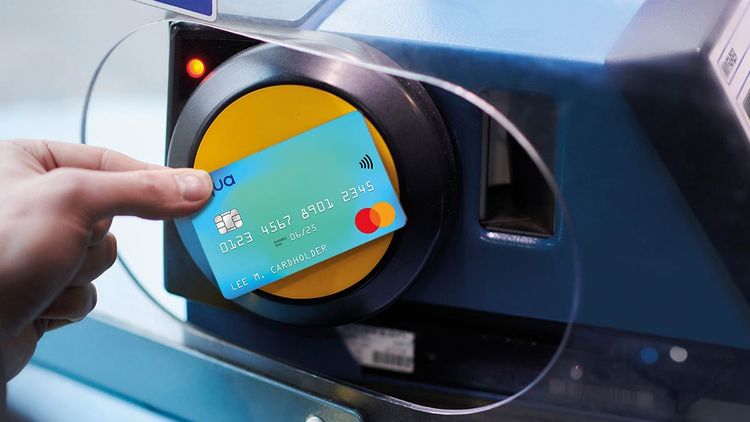How to fix bad credit
In this guide you’ll find out how to improve bad credit and how quickly you can do it.

A bad credit history can be a real worry and it can feel like you’re struggling on your own. But having bad credit is more common than you might think; many people start making the journey to better credit every year.
At Aqua, we know that the journey to better credit can seem tough. In this guide you’ll find out how to improve bad credit and how quickly you can do it.
How can I improve a bad credit history?
Improving your credit history can be simple if you know what to do: there are lots of simple things you can start doing and the best strategy is to try to tick off as many of them as possible, to ensure that you have a range of factors working in your favour.
Address and contact details
Firstly, check that all your contact details are correct. Lenders may check your address with the Postcode Address File, which the Royal Mail uses for delivery of post, or with the electoral register, which is updated by local councils for voting purposes. If you live in a flat or anywhere with a complicated street address, it's worth checking how it's listed by both of these sources to avoid any confusion.
Secondly, check all your addresses are up to date, as a mixture of old and new details may make lenders uncertain. This can cause delays to your application, or even lead to it being rejected.
Check your financial history
Time to get all your finances in order by looking into your credit history. You'll be able to see any late payments or county court judgements (CCJs) for unpaid bills from the last six years. If you have questions about any of the information on your credit report, contact the credit reference agency (e.g. Experian), which will be able to help clear things up.
Pay off any existing debt
Lenders will take existing debts into account when assessing your application, so it’s always a good idea to pay off any current debts before applying for more credit. This will increase the amount of credit you can apply for and make it more likely that you get it.
Cancel unused credit cards
Got an old credit card or bank account that you no longer use? Cancel it – lenders look at how much credit you have available to you, as well as how much you’ve actually borrowed. If you’re not using it, lose it.
Register for the electoral register
This is one of the quickest ways to improve your position in lenders' eyes. It's the easiest way for them to determine that you are who you say you are and can quickly add several points to your score.
Be consistent
Lenders like to see stability, so they can be put off by turbulent periods in people's lives. Showing them that you're a responsible borrower with a steady life setup can increase your chances to improve your credit score. Some ways you can show this are by:
- Living at the same address for a long time
- Staying with the same bank for a number of years
- Paying your loans and other credit regularly and on time (or early if you can)
- Keeping within your borrowing limits
Financial associations
If you share any joint accounts, such as with a partner, parent or flatmate, make sure that their finances are all in order. These people are known as your ‘financial associations’ so lenders will look at both of your credit reports.
If the other person has a bad credit score, this could affect your chances of being approved. If you’re not sure, it’s best to keep your accounts separate. Remember, you can still live together because merely sharing an address doesn’t amount to a financial association.
Stagger applications
Lenders can be wary of multiple finance applications, so if you apply for a card or loan, don’t apply for another at the same time or soon afterwards.
Failure to make payments on time or to stay within your credit limit means that you will pay additional charges and may make obtaining credit in the future more expensive and difficult.
Contributors


You might also like
Slide 1 of 3
The cost of bad credit
Learn more about some of the most common challenges of bad credit and what you can do about them.

What is a credit limit?
What is a credit card limit? Discover how credit limits are calculated, what happens if you go over, and how to man...

How credit card payments work
Learn how credit card payments work, how and why credit card charges are applied and how to manage payments.
The smart way to build better credit
Aqua is the credit card that gives you the power to improve your credit score
